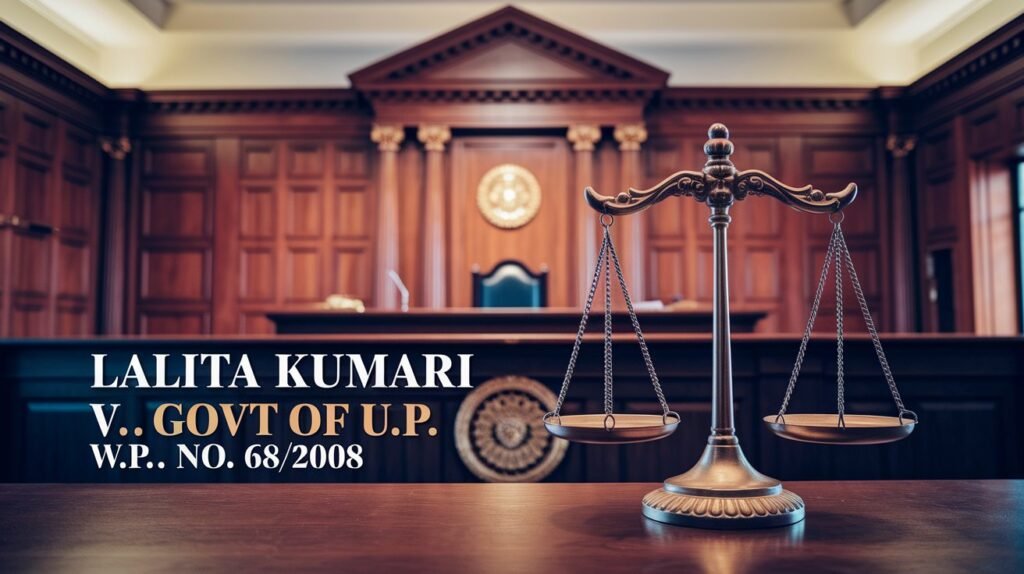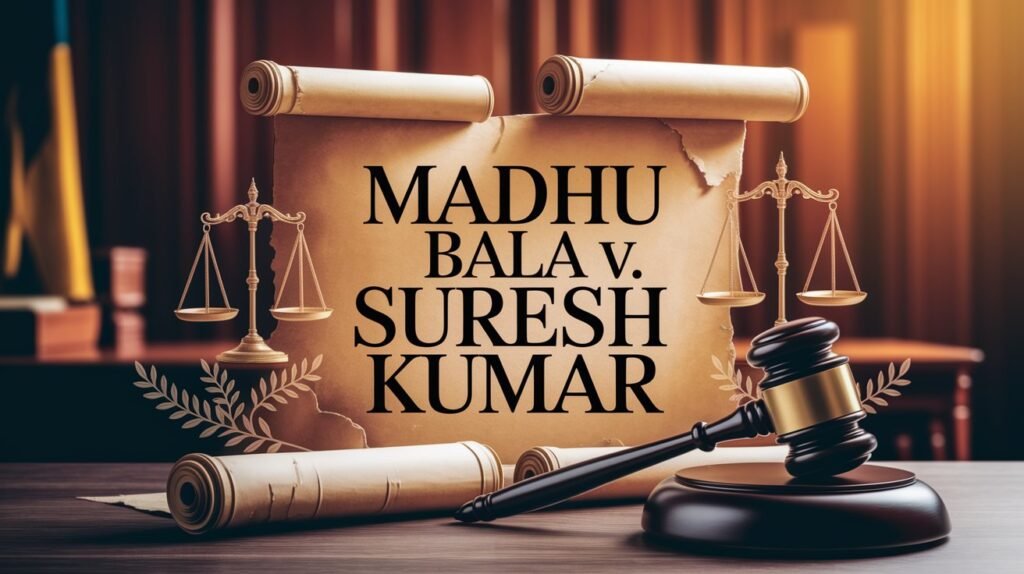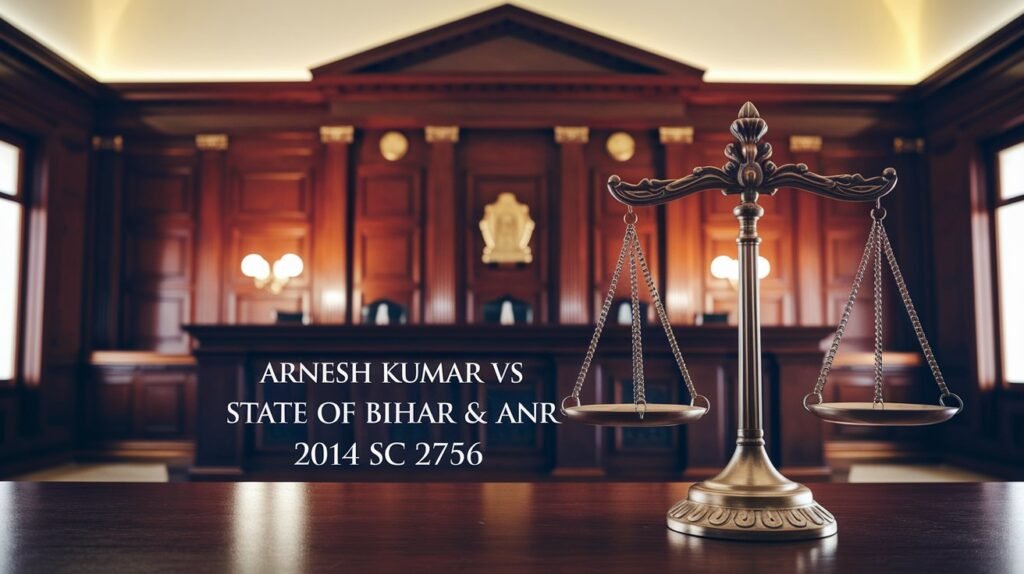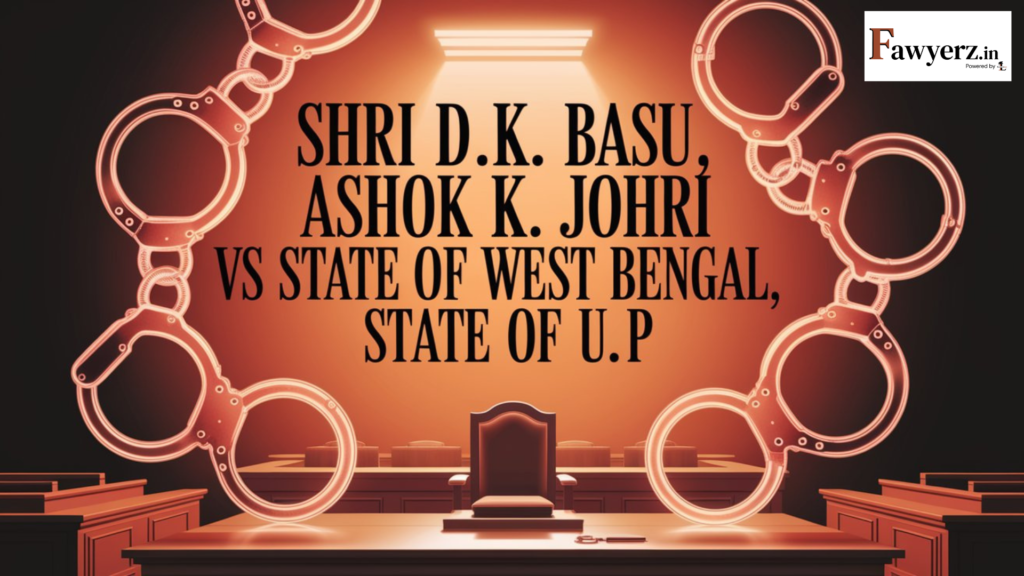Babu v. State of Kerala 2010(Case Summary)
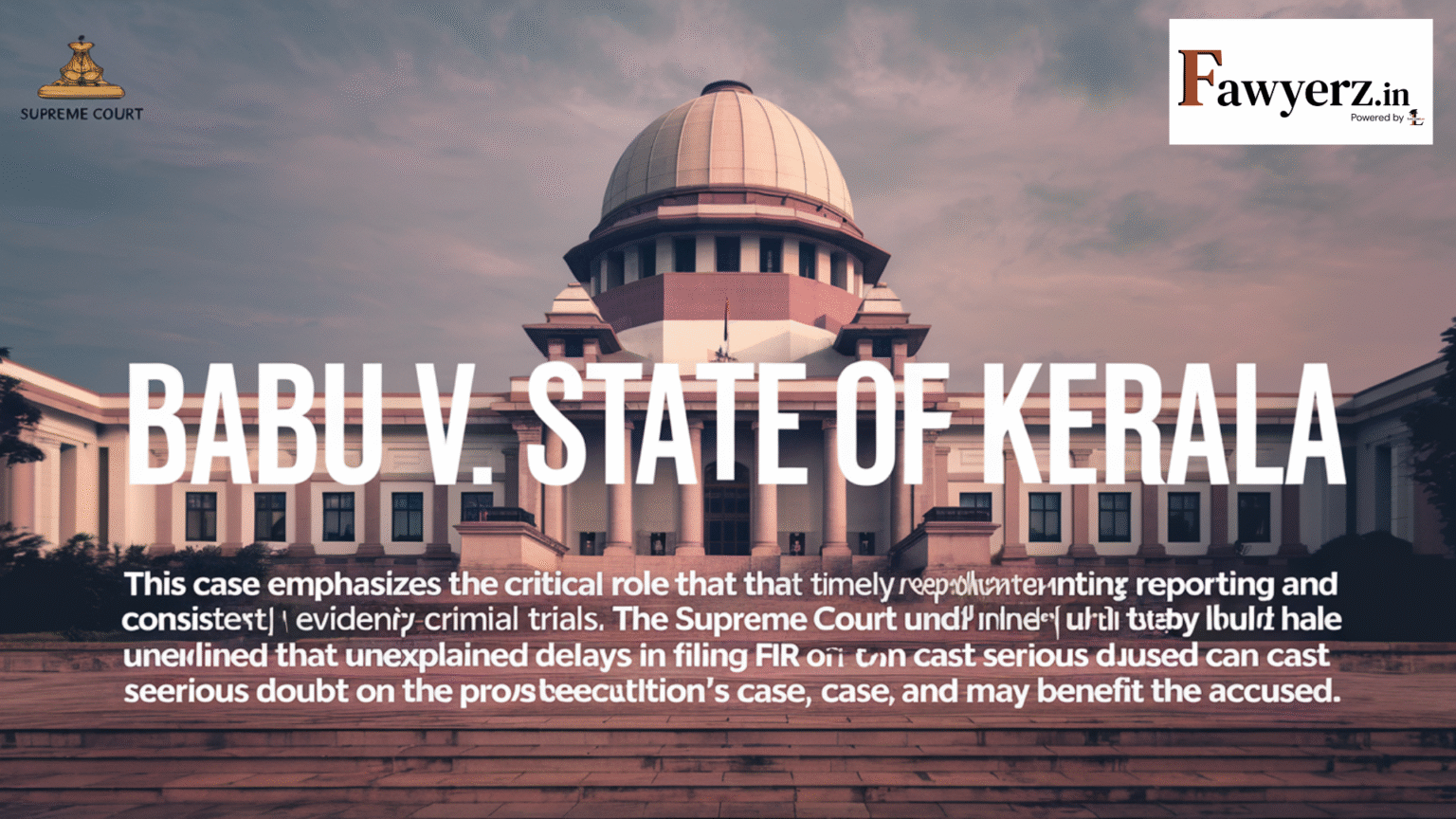
This case emphasizes the critical role that timely reporting and consistent evidence play in criminal trials. The Supreme Court underlined that unexplained delays in filing the FIR or naming the accused can cast serious doubt on the prosecution’s case and may benefit the accused.
Table of Contents
ToggleFacts of Babu v. State of Kerala
- Babu was accused of murdering a woman and disposing of her body in a well.
- The initial FIR filed by the family did not name any suspect.
- A few days later, Babu was named as the accused after an alleged confession.
- The Trial Court convicted Babu based on circumstantial evidence and witness statements.
- The Kerala High Court upheld the conviction.
- Babu appealed to the Supreme Court on the grounds of delayed accusation, lack of direct evidence, and contradiction in witness statements
Issues framed
- Whether the delay in naming the accused in the FIR raises doubts about the prosecution’s case?
- Whether the evidence relied upon by the Trial Court and High Court was credible enough to convict the accused beyond reasonable doubt?
- Whether the benefit of doubt should be extended to the accused in the absence of consistent and reliable evidence?
Subordinate Court Judgment
The Trial Court convicted Babu under Section 302 IPC and the Kerala High Court upheld the conviction and sentence.
Judgment of Babu v. State of Kerala
The Supreme Court allowed the appeal and acquitted Babu. The Court pointed out that the initial complaint did not mention the name of the accused and that the later inclusion of Babu’s name was suspicious, particularly when there was no fresh evidence to justify the change. The Court also questioned the credibility of the key witnesses whose statements had inconsistencies and seemed to have evolved over time.
The Court observed:
“The evidence of the prosecution does not inspire confidence. There is considerable doubt regarding the involvement of the appellant in the crime and that doubt must be resolved in favour of the appellant.”
The Court also emphasized that the unexplained delay in naming the accused significantly weakened the prosecution’s case. It noted that:
“The delay in naming the accused without any plausible explanation is fatal to the prosecution story. The law is well-settled that if two views are possible, the one which favours the accused must be adopted.”
Ultimately, the Supreme Court set aside the conviction and directed Babu’s release. The judgment reaffirmed the importance of procedural fairness and the rule that an accused must be given the benefit of doubt when the prosecution fails to prove guilt beyond reasonable doubt.


